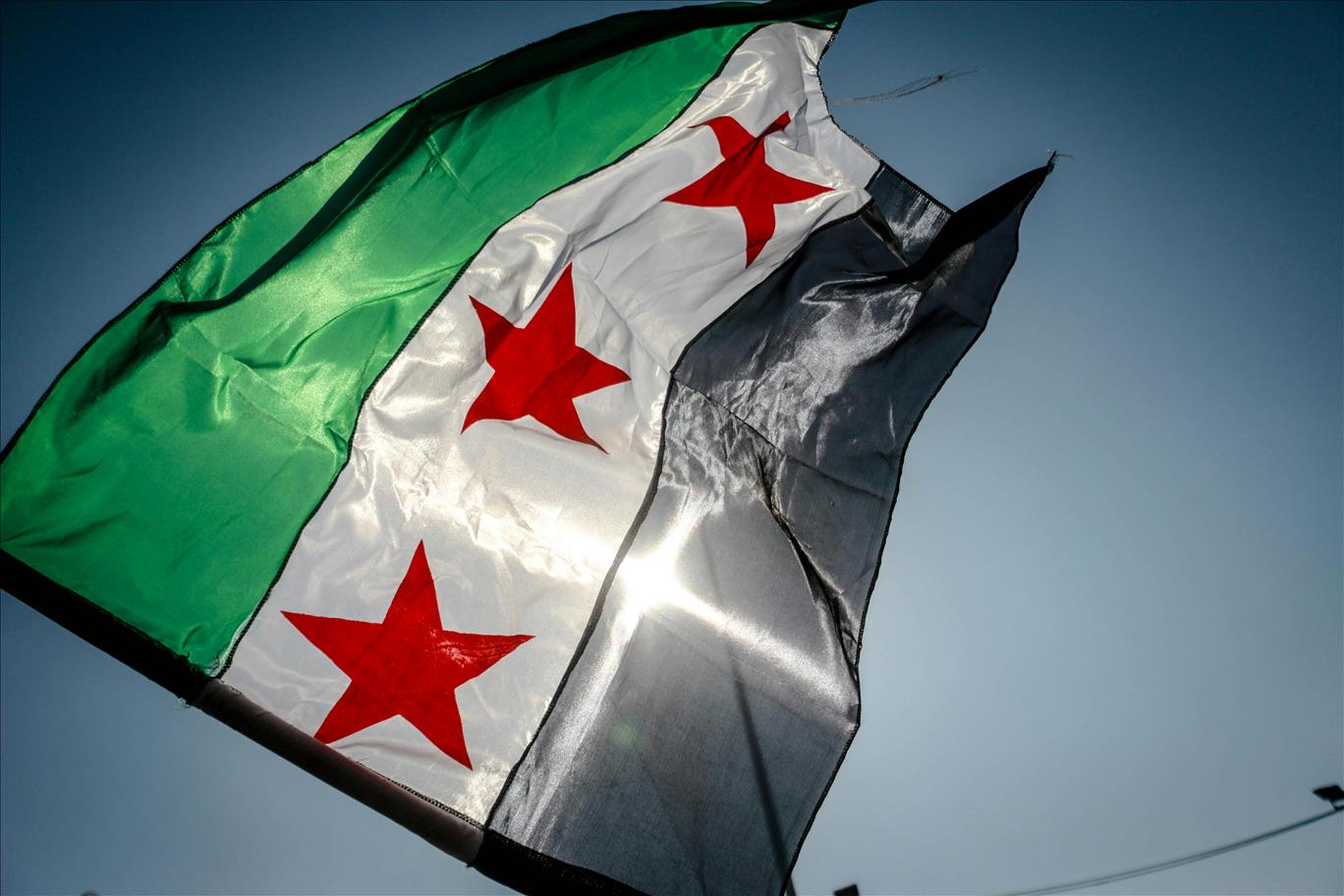Syria’s Economy Encounters Uncertain Revival
(MENAFN) Following over a decade of conflict and global isolation, Syria’s economic landscape is entering a fresh and unpredictable stage. Entire industries were devastated by prolonged warfare, leaving the nation’s infrastructure, currency, and labor force severely weakened.
With Bashar al-Assad no longer in power and sanctions being relaxed, regional partners and international investors are renewing their interest.
Numerous investment agreements valued at billions have been signed in sectors such as energy, ports, and manufacturing — sparking optimism for recovery, but also raising concerns about whether these initiatives will foster inclusive growth or exacerbate existing disparities.
The magnitude of destruction makes the stakes extremely high.
The Baath party’s 61-year dominance resulted in fragile infrastructure, stagnated progress, and widespread corruption.
In 2011, the civil war caused the economy to plummet — GDP shrank by more than 40%, and the Syrian pound depreciated by over 99% against the US dollar throughout 14 years of conflict.
After the Assad administration was overthrown in December 2024, Western nations began removing sanctions and promoting foreign investment to support the country’s reconstruction.
In July, Damascus hosted the inaugural Syria-Saudi Investment Forum, announcing 44 agreements valued at $6 billion.
That same month, Syria finalized an $800 million contract with Dubai Ports World (DP World), one of the globe’s largest port operators, to enhance port infrastructure and logistics services.
With Bashar al-Assad no longer in power and sanctions being relaxed, regional partners and international investors are renewing their interest.
Numerous investment agreements valued at billions have been signed in sectors such as energy, ports, and manufacturing — sparking optimism for recovery, but also raising concerns about whether these initiatives will foster inclusive growth or exacerbate existing disparities.
The magnitude of destruction makes the stakes extremely high.
The Baath party’s 61-year dominance resulted in fragile infrastructure, stagnated progress, and widespread corruption.
In 2011, the civil war caused the economy to plummet — GDP shrank by more than 40%, and the Syrian pound depreciated by over 99% against the US dollar throughout 14 years of conflict.
After the Assad administration was overthrown in December 2024, Western nations began removing sanctions and promoting foreign investment to support the country’s reconstruction.
In July, Damascus hosted the inaugural Syria-Saudi Investment Forum, announcing 44 agreements valued at $6 billion.
That same month, Syria finalized an $800 million contract with Dubai Ports World (DP World), one of the globe’s largest port operators, to enhance port infrastructure and logistics services.

Legal Disclaimer:
MENAFN provides the
information “as is” without warranty of any kind. We do not accept
any responsibility or liability for the accuracy, content, images,
videos, licenses, completeness, legality, or reliability of the information
contained in this article. If you have any complaints or copyright
issues related to this article, kindly contact the provider above.
Most popular stories
Market Research

- What Does The Europe Cryptocurrency Market Report Reveal For 2025?
- United States Kosher Food Market Long-Term Growth & Forecast Outlook 20252033
- Utila Triples Valuation In Six Months As Stablecoin Infrastructure Demand Triggers $22M Extension Round
- Meme Coin Little Pepe Raises Above $24M In Presale With Over 39,000 Holders
- FBS Analysis Highlights How Political Shifts Are Redefining The Next Altcoin Rally
- 1Inch Becomes First Swap Provider Relaunched On OKX Wallet






















Comments
No comment